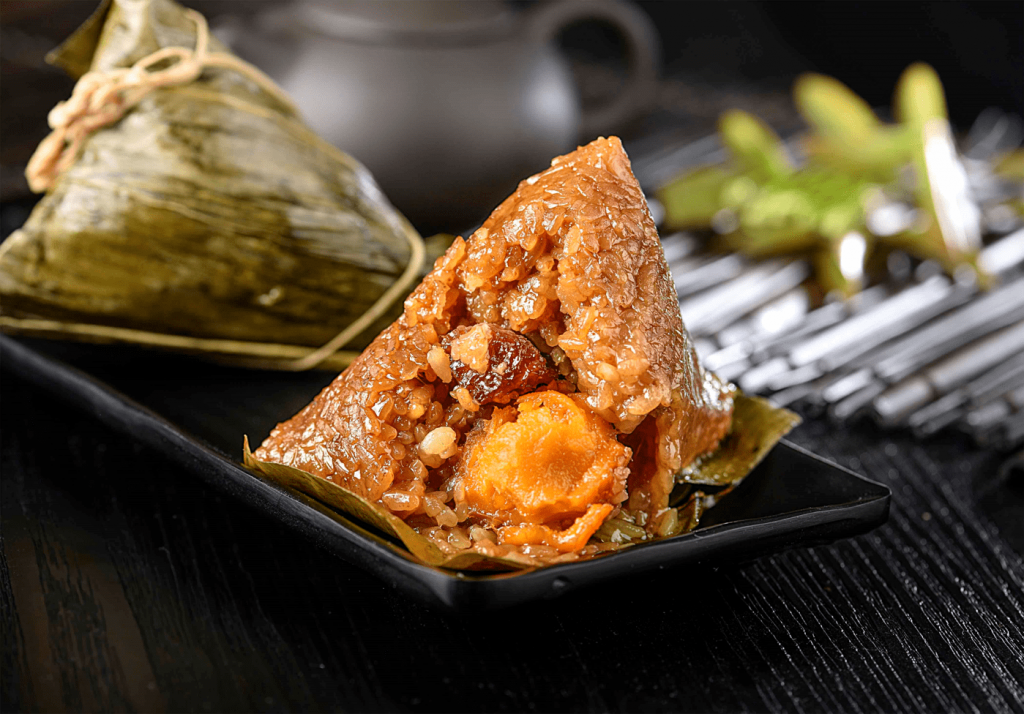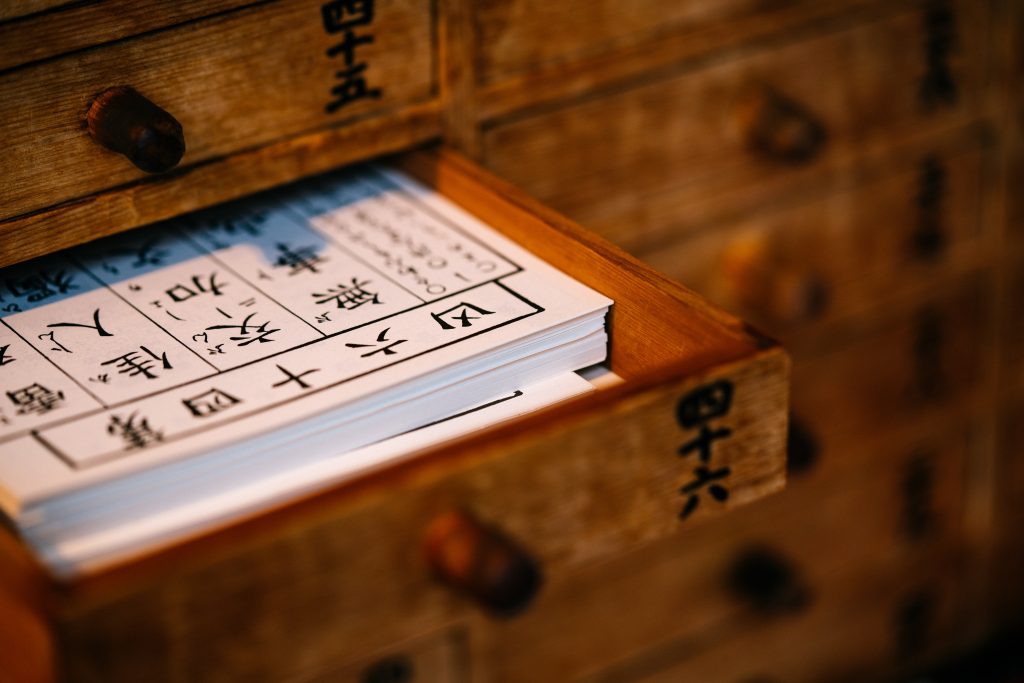Ten Basic yet Helpful Hokkien Phrases You Need to Learn

In today’s multilingual world, connections are more crucial than ever. As the world becomes more globalized, mastering a new language will always provide you with an advantage. Learning a new language may be a difficult journey but it allows you to become a part of a community with a different culture while also learning more about the world around you. For Chinoys, in particular, it also allows them to reconnect with their roots and better understand their culture. With that being said, here are ten basic yet helpful Hokkien phrases that you need to learn to jumpstart your journey:
1. “To xia.” – “Thank you.”
It is an excellent habit to normalize and live by the culture of expressing thank you abundantly to others. Saying thank you is necessary since it is the most visible means of demonstrating and confirming gratitude. Others may give presents or do something pleasant in return, but the most common action is to verbally express gratitude. You never know what nice things will come your way just by using phrases like thank you. When you thank other Chinoys in Hokkien, especially your elders, you make them feel appreciated and respected. As a result, individuals are more likely to help you out or give you favors in the future. That might be the beginning of a new relationship, togetherness, and harmony.
2. “Di ho bo?” – “How are you?”
When you meet another Chinoy and want to connect with them, it is important to learn how to start a conversation with them. The simplest approach is to introduce yourself and ask how they are. It’s courteous, kind, and a terrific way to meet and connect with new people and even loved ones.

3. “Ho, to xia, di ni?” – “I’m fine, thank you, and you?”
This is usually one’s response to the previous question. Saying this courteous phrase is simple enough for you to remember and understand as a beginner in Hokkien.
4. “Kiong hi!” – “Congratulations!”
Congratulating someone seems to be human nature on almost any occasion. We congratulate someone when they get married, get pregnant, have a kid, graduate, score a big business deal, buy a house, win a game, or even perform the absolute minimum. And chances are, one of these circumstances will occur while conversing with another Chinoy.
5. “Tsi geh dua tsinh?” – “How much is this?”
You will be using this a lot, especially if the price is not indicated explicitly. Of course, you don’t want to blindly purchase an item if you don’t know how much it costs. You might end up in a bind if it’s beyond your means or budget for that day. It’s also the first step to bargaining for a lower price.
6. “Di tiya beh?” – “Have you eaten?”
One typical way of welcoming visitors and loved ones to their homes is to ask if they have eaten already. Think of this as the Chinese equivalent to the English “How are you,” or the Filipino “Kumusta na.” This is because many Filipinos and Chinoys consider sharing food as a way of sharing their blessings and expressing care and concern for your well-being.
7. “Di ai tiya siah mih?” – “What do you want to eat?”
If you answered, “no” to the previous question, this is usually what is asked after (although it is always best to say yes, even if you haven’t eaten). Filipinos and Chinoys are known to be very hospitable and would like you to feel welcomed in their home. As such, they would offer whatever they have available to make sure that you’re comfortable and well-fed.

8. “Di kinn-a beh tsong siahgn?” – “What are you doing today?”
This is a simple question in Hokkien that you can ask someone when you’re curious about what they’ll be doing for today, whether it’d be because you want to hang out or you’re simply expressing care for them.
9. “Di guy dian beh toh lai?” – “What time are you coming home?”
Parents, in particular, are always concerned about you, especially when you leave your home. They want to know where you’re going, who you’re with, and most importantly, what time you’re coming home so they know when to expect you. They want to make sure that you’re safe and with good company. This is simply their way of showing concern.
10. “Gua eh hiao kong tam po lan nang ueh” – “I can speak a little bit of Hokkien.”
With all of the basic yet helpful phrases discussed in this article, you now know how to speak a little bit of Hokkien. You can now proudly say this to other Chinoys, especially when asked the question, “Di eh hiao kong lan nang ueh bo?” (Can you speak Hokkien?).
The reality is that acquiring new skills daily improves all parts of your life. You may improve your employment chances, learn more about the world around you and the culture of others, develop stronger relations with your loved ones, and become a better person overall by acquiring new skills. Now, it’s time for you to practice and try these phrases!




